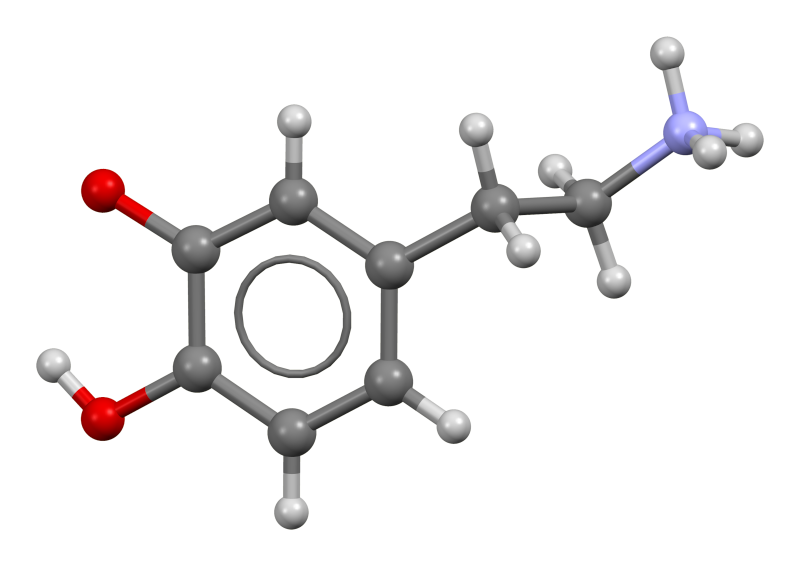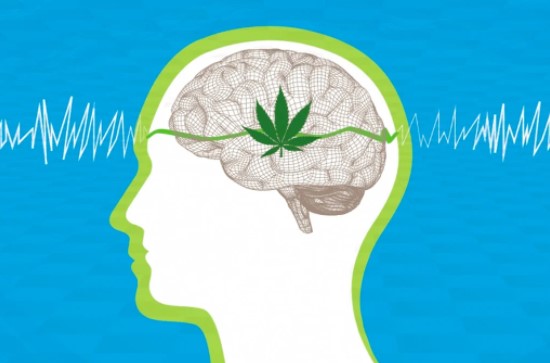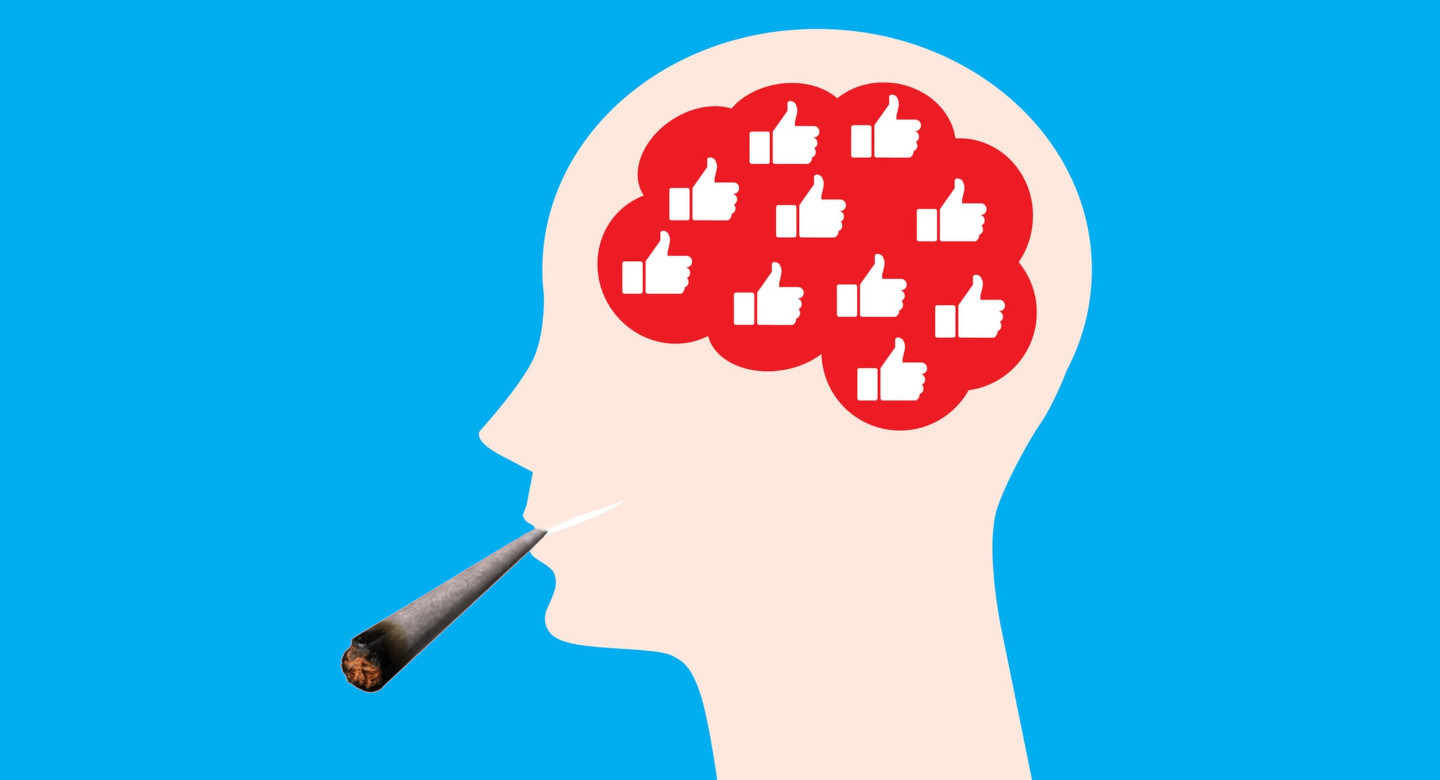There is no doubt that cannabis and dopamine make their users feel good. But what is behind the euphoria and what happens to those who smoke often?
Weed has been shown to cause the brain to release a chemical known as dopamine. This chemical plays a role in many basic functions and is actually linked to weed in more ways than you can think of.
What is dopamine?

Dopamine is one of the many chemicals in the brain that help regulate its activity. These chemicals are known as neurotransmitters. As the name implies, neurotransmitters work to transmit signals along brain cells, also known as neurons.
But dopamine is a very important neurotransmitter. The chemical is often called “feel good” because it is directly responsible for the feelings of pleasure and reward. Dopamine neurons are highly concentrated in a part of the brain called the sloping nucleus, which is sometimes referred to as the brain’s reward center.
Many biological functions are associated with the reward pathways of the brain, including appetite, attention, learning, sleep, sex, movement, and mood.
Does Cannabis Increase Dopamine?
Yes! All the drugs that people take for recreational purposes work to increase dopamine levels, and research shows that cannabis is no exception.
Just like caffeine, alcohol, tobacco and cocaine, cannabis use is linked to the release of dopamine. The temporary increase in dopamine levels is responsible for the euphoria experienced by users of cannabis and other substances.

Cannabis and Dopamine How does it work
While weed is similar to other drugs when it comes to increasing dopamine levels, the way it works is something unique.
Cannabis chemicals, called cannabinoids, indirectly increase dopamine by blocking the action of another neurotransmitter called GABA. The normal action of GABA is to attenuate the amount of dopamine released into the inclined nucleus. However, when GABA is blocked by cannabis compounds, such as THC, the result is an increase in the amount of dopamine released. Interestingly, it is not just cannabis chemicals that have this effect. GABA is normally inhibited by other cannabinoids produced by the brain itself. The action of natural cannabinoids, known as endocannabinoids, is believed to play an essential role in the release of dopamine in daily functions.
A study published in 2013 confirmed this fact, showing that mice born without cannabinoid receptors ran 20 to 30% less often on their exercise wheels than healthy mice.
The researchers concluded that the cannabinoid system may help facilitate the release of dopamine during exercise, and possibly also other reward-related functions. In other words, without the activity of the body’s cannabinoid system, the release of dopamine in the brain is suppressed.
Long Term Impact
As cannabis temporarily changes dopamine levels, many wonder if this could lead to long-term effects. A 2012 study aimed to investigate this and concluded that, unlike users of other common drugs, Cannabis users often do not suffer from permanent changes in dopamine levels.
On the other hand, studies show that dopamine levels can be affected for a short time after stopping cannabis. Users may experience a period of withdrawal, during which dopamine levels will fall below normal levels.
A study published in 2013 also found that cannabis users may have lower dopamine levels than the average person. One explanation for this is the “self-medication” hypothesis, which describes the tendency of people with dopamine disorders, such as people with ADHD (Attention Deficit Hyperactivity Disorder), to use substances that increase dopamine.
Indeed, some studies show that cannabis can help relieve the symptoms of ADHD.

